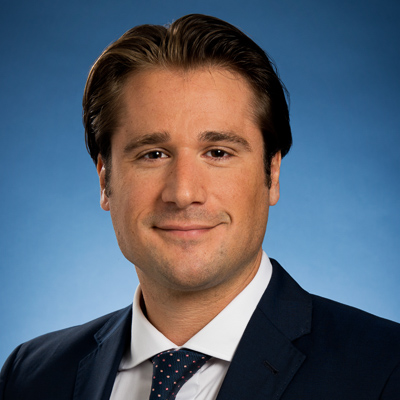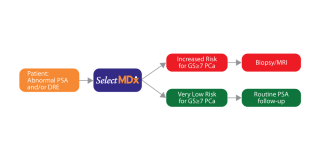The prostate gland grows over the course of an adult man’s life, and as the number of cells in the prostate increases, the prostate may become enlarged.
What are the BPH symptoms?
As the prostate gland enlarges, it can squeeze down on the urethra and obstruct the urine flow. This obstruction leads to bladder changes. Eventually the bladder may weaken and lose the ability to empty completely.
Most common BPH symptoms are:
- Frequent trips to the bathroom, especially at night
- Feeling that the bladder is full, even right after urinating
- Urgent need to urinate
- Weak urine flow or dribbling
- The need to push or strain when urinating
- Recurring urinary tract infections
There’s no direct correlation between the size of the prostate and the severity of symptoms. Mildly enlarged prostates can cause severe symptoms, while very large glands may produce little to no symptoms at all.
What causes BPH?
There’s no single cause responsible for BPH, however it is more likely to occur due to these inherited and lifestyle factors:
- Increasing age
- Being of African or Afro-Caribbean descent
- Being overweight
- Sedentary lifestyle / lack of physical activity
- Family history of benign prostate hyperplasia
Another suspected cause is the presence of accumulated excess testosterone in the prostate.
Is it a cancer? What are the long-term dangers of this condition?
No, BPH is not a cancer. Although both prostate cancer and prostate enlargement are caused by cell growth, BPH cells are benign.
The enlarged prostate without any symptoms is relatively harmless. However, if BPH causes urine retention, it can wear out the bladder, lead to chronic UTIs, bladder stones, kidney damage, and eventually to urinary obstruction.
What treatment options are available?
All BPH treatment options are geared at reducing the symptoms caused by an enlarged prostate.
Transurethral resection of the prostate (TURP), or surgery, is commonly recommended in the more severe cases when there’s kidney damage or blood in urine. TURP involves removing an overgrown portion of the prostate.
At our clinic, we offer a number of minimally invasive treatment options for enlarged prostate, including iTind, Rezūm, and Urolift.










